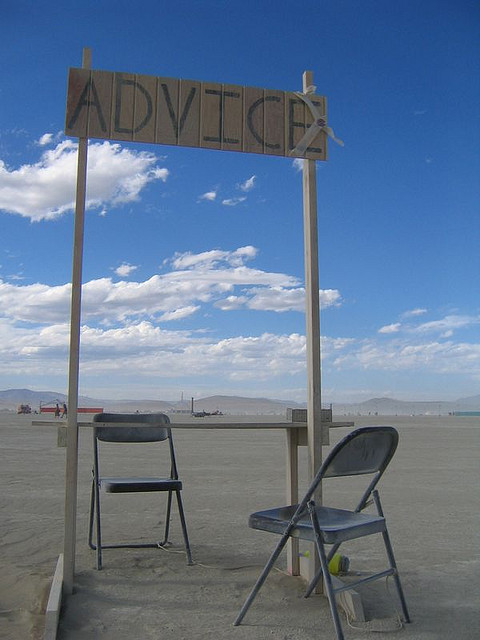
We live in a world that loves to seek advice.
When we get answers we don’t like, we often seek for answers externally rather than exploring what we already know. This results in a culture of consumption, which inevitably overlaps into other areas of our life. With an increase in consumption, the nature of an excess of a particular form of matter or energy is that the natural filtering system will become stagnant—in other words, the areas we are seeking to improve will naturally become cluttered and not produce our desired results.
The intention of this article is to offer some insight into debugging our filter systems so that we can clearly listen to our own inner guidance.
One aspect of a paradigm of constantly seeking advice outside of ourselves is that we don’t learn how to take responsibility for what is on our plates right now.
When we are constantly focussed on a story of suffering, we create it for ourselves. We focus on our miseries or financial struggles and keep looking for solutions. Then we end up consuming so much information around each topic that we actually end up feeling more overwhelmed than we did in the first place, which only perpetuates the unnecessary cycle of suffering.
Here are a few guidelines on where to begin de-cluttering our lives and learn to focus on only what information is necessary for our own growth. For practical purposes, it is probably effective to start with each day and taking action where we can. An attribute to this approach is that we are starting with what we have, rather than allowing the story we have created to halt our actions.
“Self-help” doesn’t really help.
Self-help culture doesn’t want to admit that things might be this simple, because then there would not not enough content to write a book on. We can observe in this way that self-help culture placates our own inner turmoil and distracts us from our present situation by offering convoluted and/or externalized solutions.
Duality plays a role in perspective.
Duality is a part of the decisions we make throughout each day and in every moment. It is the difference between the decision to have an enlightened perspective and view unfortunate events as lessons and continuing to telling the story that bad things always happen to you.
Here’s an example of duality as feedback to my articles and videos:
- Praise: “You’re such a visionary, you’re so brilliant, I could never articulate myself like you.”
Versus
- Shame: “You’re so pretentious, you’re so wrong, you’re just a know it all. “
Both of these responses are reactionary in nature. They are most likely not based on deeper understanding or insight. They are also both pointing towards the power or the problem being outside of themselves, suggesting an avoidance of responsibility. They insinuate that the individual is not interested in focussing the time, energy, and investment to internally cultivate empowering skill sets or mindsets.
The act of overly investing energy in praise or shame is an act of personal disempowerment because it uses what vital energy an individual has and externalizes it.
There is nuanced difference between a thoughtful compliment and general praise. Thoughtful compliments come from a place of inner awareness and noting desirable qualities about someone (something which the person making the compliment is most likely putting in the effort to cultivate within themselves). Thoughtful compliments are based on a broader sense of awareness, but praise is just vague. It requires little self-awareness or understanding of the person they are praising.
So this brings us to the question: Do we choose to take responsibility for our own change so that we can evolve, or do we choose to stay in the same cycles of blame and dependency? Do we justify reasons why we should stay where we are comfortable, and ultimately lie to ourselves and everyone around us? Do we choose to take small action steps daily to acquire the brilliance, skillsets, and insight we admire in others, or do we spend our energy criticizing or shaming others for what we are too afraid to attempt ourselves?
The intention to grow and learn takes humility and an understanding that it is a process—it doesn’t just happen overnight, nor is there really an end to it. The intention to be patient, to be humbled by what we don’t know, enables us to receive freely the information which will most serve us. It is the intention to stay on the ride no matter where it takes us, or how lonely we feel, and to accept the dramatic and often violent external changes which happen as a process of moving closer to our personal truth. An internal truth that is true to our personal mission will lead to times of doubt and insecurity—it may even feel this way for long periods of time. It may also feel exceedingly difficult. Yet anyone who is honestly staying true to themselves will experience struggle.
When we can see our struggles as lessons, we are more capable of seeing healthy solutions to problems. But when we are hard on ourselves, carrying around negative stories and hyperbolizing mishaps and setbacks, we not only become judgmental about the success of others, we also tend to impede our own acceleration towards personal success.
Author: Brandon Gilbert
Image: wurzle at Flickr
Editor: Renée Picard











Read 0 comments and reply